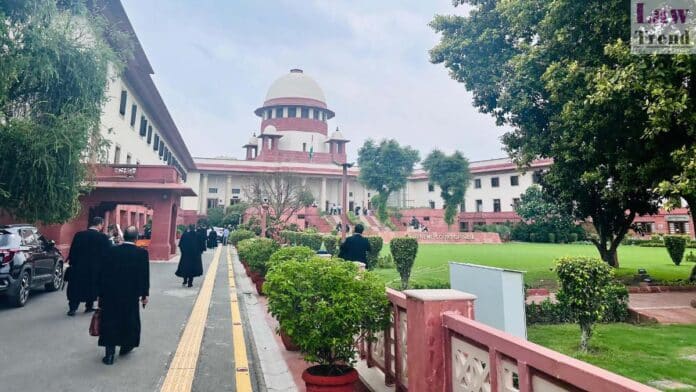In a significant judgment that clarifies the extent of a trial court’s powers under Section 319 of the Code of Criminal Procedure (CrPC), the Supreme Court ruled that a “clean chit” by the Special Investigation Team (SIT) cannot act as a legal bar for summoning persons to face trial if credible evidence emerges during the
To Read More Please Subscribe to VIP Membership for Unlimited Access to All the Articles, Download Available Copies of Judgments/Order, Acess to Central/State Bare Acts, Advertisement Free Content, Access to More than 4000 Legal Drafts( Readymade Editable Formats of Suits, Petitions, Writs, Legal Notices, Divorce Petitions, 138 Notices, Bail Applications etc.) in Hindi and English.




